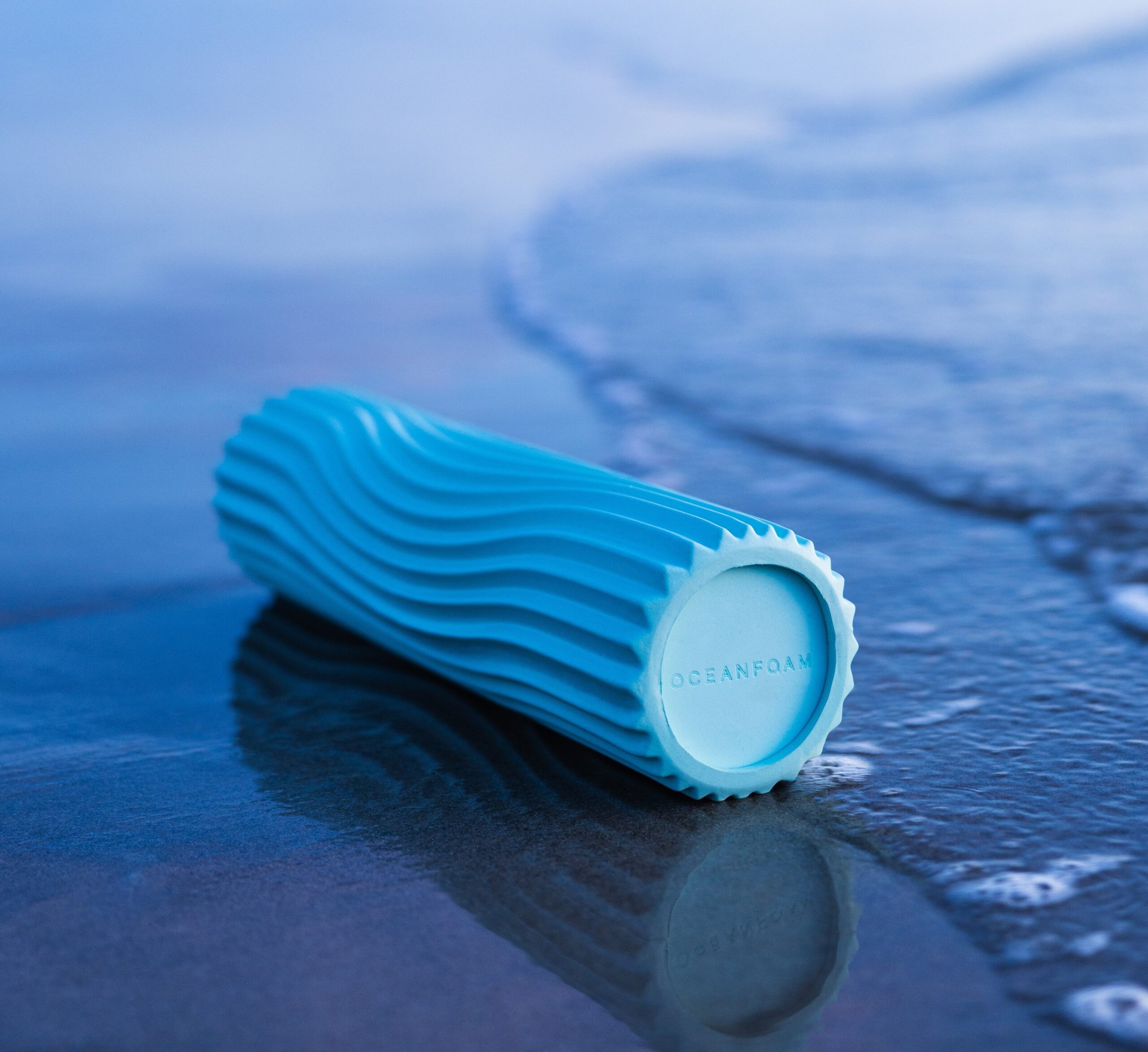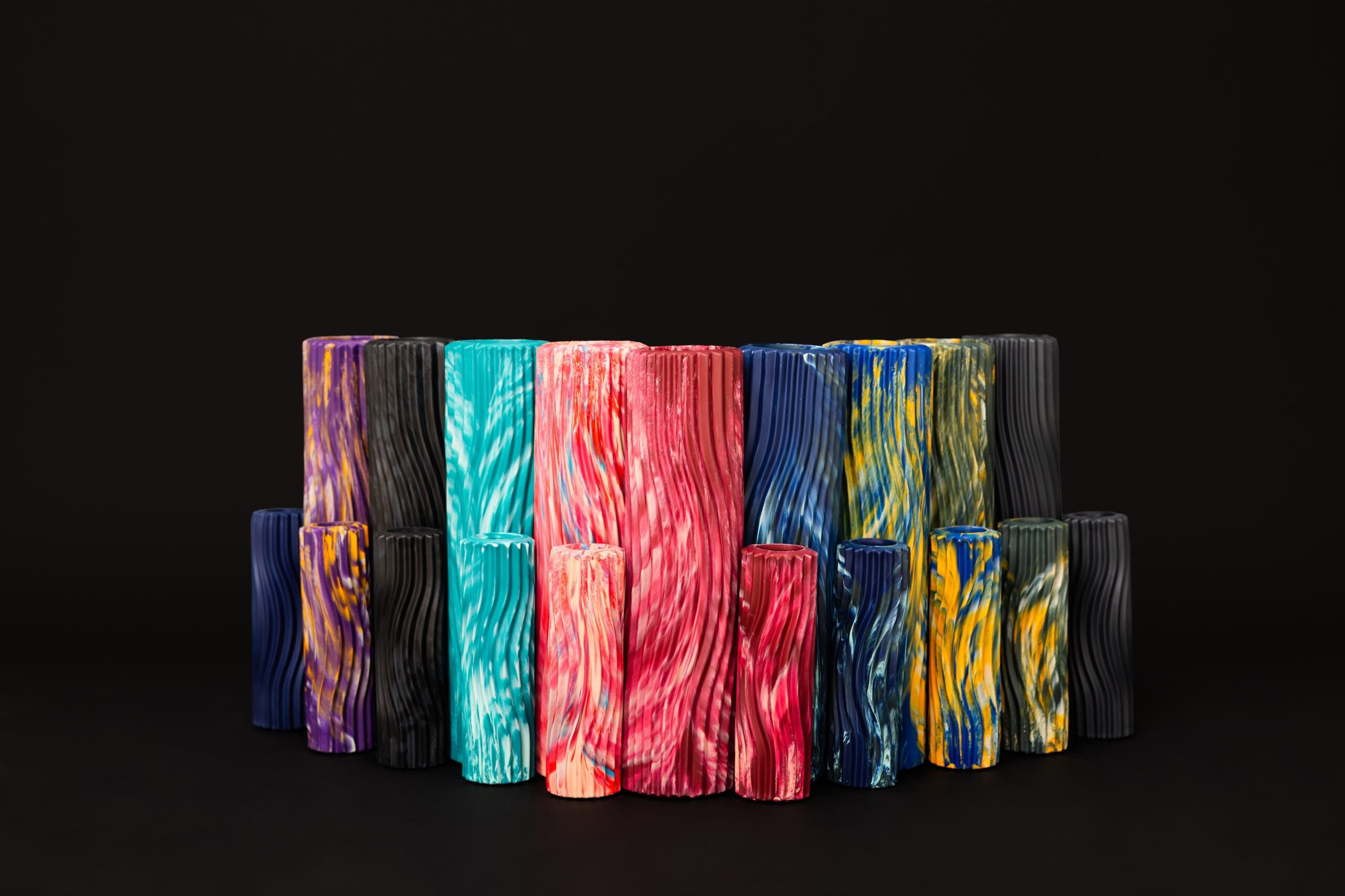Our view at Stack - Shopify has just about everything you need if you're looking to sell online. It excels with unlimited products, user-friendly setup, and 24/7 support. It offers 6,000+ app integrations, abandoned cart recovery, and shipping discounts up to 88%. Plus, it allows selling both online and in-person, scaling as your business grows.
Do you keep lists of potential business ideas in your phone? Maybe check those lists every now and then to see which ones might be worth exploring? Well, you’re certainly not alone. Zachary Quinn, CEO and founder of Oceanfoam, uses this method to build successful businesses that leave an impact on the world.
A serial entrepreneur, Zachary cofounded Love Your Melon as a college sophomore in 2012. It earned millions of dollars in revenue, while donating almost $10 million to pediatric cancer research and giving away more than 250,000 beanies to kids battling cancer worldwide. After a decade of growth and success, Zachary sold Love Your Melon and launched Oceanfoam in December 2023, creating foam rollers made from sea algae and recycled materials.
Working with algae helps to remove harmful blooms from the oceans. These algal blooms can produce harmful toxins that contaminate drinking water, kill off wildlife, and create something known as “dead zones” for fish.
Zachary joined the Shopify Masters podcast to discuss his tested strategy for turning an idea into an incredible product.
1. Keep a running list of ideas
Pay close attention to your own needs and intentional product design will make you competitive in any industry. Zachary kept a running list of ideas handy that he would revisit time and time again. “It’s important to notice the [ideas] that rise to the top of your list that you keep coming back to the most. That’s what I decide to work on and go after,” Zachary says.
In the case of Oceanfoam, as someone taking on the new challenge of fatherhood, Zachary noticed his body always felt better after foam rolling. The issue? He didn’t like the aesthetics of the foam rollers he saw in the market and, given their composition, he knew there was an opportunity to use them to make a positive environmental impact.
2. Define your mission
Once you’ve committed to an idea, clearly lay out your company’s mission to guide your product development and business decisions. “I wanted Oceanfoam to be a sustainable brand, I wanted it to be tied to the ocean and our planet and make the world better,” Zachary says.
Initially, he believed the foam rollers would be made from recycled ocean plastic, but he soon discovered that wasn’t feasible. While searching for a suitable alternative, he encountered Bloom Sustainable Materials after receiving a gift of Hunter shoes—shoes crafted from an algae-based material. Once he researched the harmful effects of algal blooms and the innovative work Bloom was doing, the material choice was clear.

3. Test multiple samples and find the right partners
Zachary knew Bloom was the right partner and spent hours getting the team onboard. Once they were, it was time to find a manufacturer. “I reached out to as many producers and manufacturers of foam rollers as possible, mostly through Alibaba, and reached out to get samples,” Zachary says.
He selected a manufacturer in China that was open to his ideas, communicative (even at 2 a.m., due to time differences), and could deliver the best product possible. This three-pronged partnership allowed Oceanfoam to create foam rollers with 15% algae content—the highest percentage possible for such product.
4. Design for everyday use
Zachary focused on creating foam rollers that were functional and aesthetically pleasing. “I’ve talked to many people about this, where that foam roller gets used, and then it goes back in the closet afterwards. Like, you’re not leaving that out in your living room, and so, part of the idea was, like, how do we make a foam roller more beautiful?” Zachary says.

Oceanfoam’s products feature beautiful, simple wave pattern marble designs people are happy to leave out in their living spaces, which may encourage more frequent use.
Tune in to the full Shopify Masters episode to hear how Zachary is working to expand product categories and reach a wider market.
If Shopify is of interest and you'd like more information, please do make contact or take a look in more detail here.
Credit: Original article published here.
